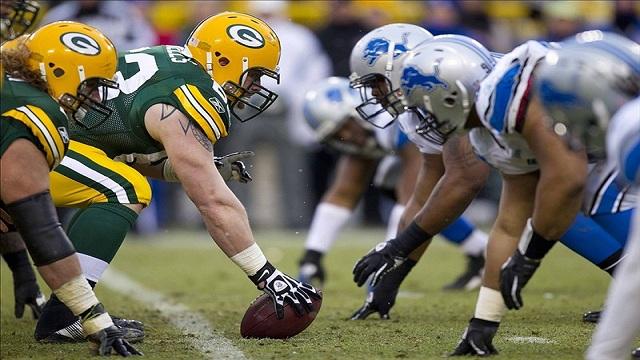Every avocation has its own language and sports is no different. There’s a particular language that sports fans become conversant with and fluent in over the course of years. Like all languages, it’s difficult for an outsider to understand. This is a shame because there’s no reason for sports to be an exclusive society. Twitter, with its 140-character limit only magnifies the difficulty for casual fans or non-fans to understand what someone is saying about sports. There’s no room, even for the most open and thoughtful sports fan, to explain all the terms they’re using or the implications of what they’re saying. Today, I’m going to take one tweet from Wall Street Journal writer Kevin Clark and unpack it.
If football gets an honest-to-goodness hot stove, which it will, and there's legit player movement like this, other sports should shut down.
— Kevin Clark (@bykevinclark) March 10, 2015
Let’s start with the what is probably the most immediately confusing phrase in this tweet: “hot stove.” What does a kitchen appliance have to do with sports? Hot stove is a phrased used to refer to the movement of players from team to team during a time when a sports league is not actively playing games and the rampant and excited speculation among fans that potential or real player movement creates. According to Wikipedia, this term “dates from nineteenth-century small town America when, during the winter, people ‘gathered at the general store/post office, sat around an iron pot-bellied stove, and discussed the passing parade. Baseball, along with weather, politics, the police blotter and the churches, belonged in that company’.” Players can move from one team to another by signing a contract with a new team when they are at the end of a contract and are therefore free agents or by being traded to another team while under contract.
Now that you know what a hot stove is, the next step is to understand why football hasn’t traditionally had one. There are a couple reasons for this. One is specialization. Football is the most highly specialized sport. Players can not only just play one of the dozen or so positions on the field but they usually are best in a particular offensive or defensive scheme. As opposed to basketball, hockey, or certainly baseball, transitioning from one team’s system to another is way more painful in football. There are lots of examples of good players moving from one team to another and never regaining the success in a new system that they had in their first. Another reason is power. The NFL is the most lopsided of the major American sports leagues when it comes to the power dynamic between players and teams. NFL teams can arbitrarily cut all but the best players and are usually able to get their way in contract negotiations. As a result, NFL players have traditionally had less power than in other leagues to ask for or force their team to trade them. The last reason is the salary cap. Unlike in the National Basketball League, where player contracts are all guaranteed and trades are often made for financial reasons, in the NFL, teams have the opportunity to cut their players if they don’t want to deal with counting their salaries towards the team’s cap.[1]
The NFL’s free agency period began yesterday and with it came an unprecedented slew of player signings and meaningful trades. The Philadelphia Eagles have led the way by trading a star running back to Buffalo for a young linebacker and a draft pick and then following that up by swapping quarterbacks and draft picks with the St. Louis Rams. Right behind them in terms of timing and significance were the Seattle Seahawks who acquired the outstanding tight end, Jimmy Graham from the New Orleans Saints. The Miami Dolphins signed controversial but effective defensive lineman Ndamukong Suh to a massive free agent contract and the New York Jets traded for wide receiver Brandon Marshall and signed free agent cornerback, Darrelle Revis. These moves came in quick succession and their perceived importance brought football writers and fans everywhere to their computers in droves where they registered their thoughts, complaints, and excitement.
The last thing to unpack in this tweet is Clark’s suggestion that other sports leagues “should shut down” if the NFL’s player movement becomes exciting and plentiful. This is likely a somewhat hyperbolic statement but there’s some truth to it. The NFL is already by far the most popular sport in the country and when it is in season, it’s hard for other sports to get attention from sports fans. Luckily for them, the NFL only plays from September to February. Beyond those times, only the NFL draft in late-April/early-May generates enough excitement among football fans to draw attention away from other sports. If there were more player movement between teams, like there was yesterday, it would extend the period of NFL obsession even further and that would damage the ability of other sports to have their time in the spotlight.
Twitter is a powerful platform for facilitating communication but it does sometimes make hard-to-understand comments impossible. If you see a sports tweet you don’t understand, send it to dearsportsfan@gmail.com and I’ll be happy to explain it.
- Note that this is a gross simplification. Salary cap rules are bewilderingly complicated. It’s a simplification but it’s directionally correct.↵

